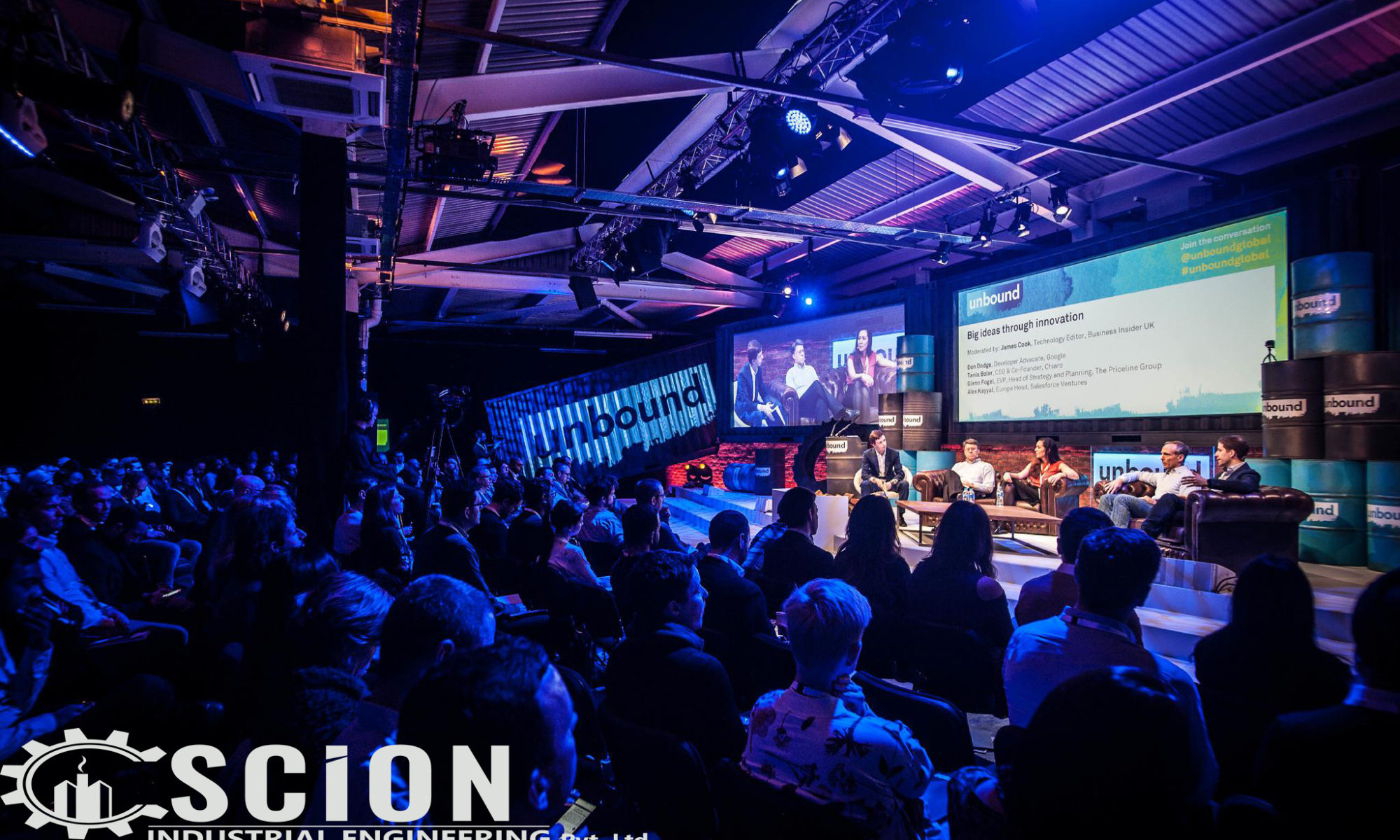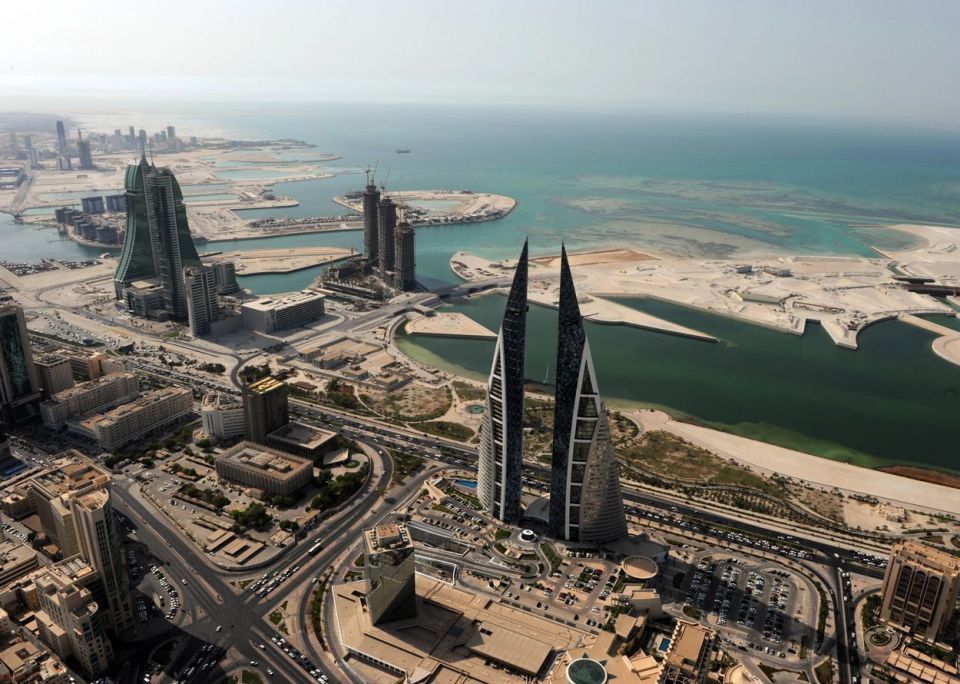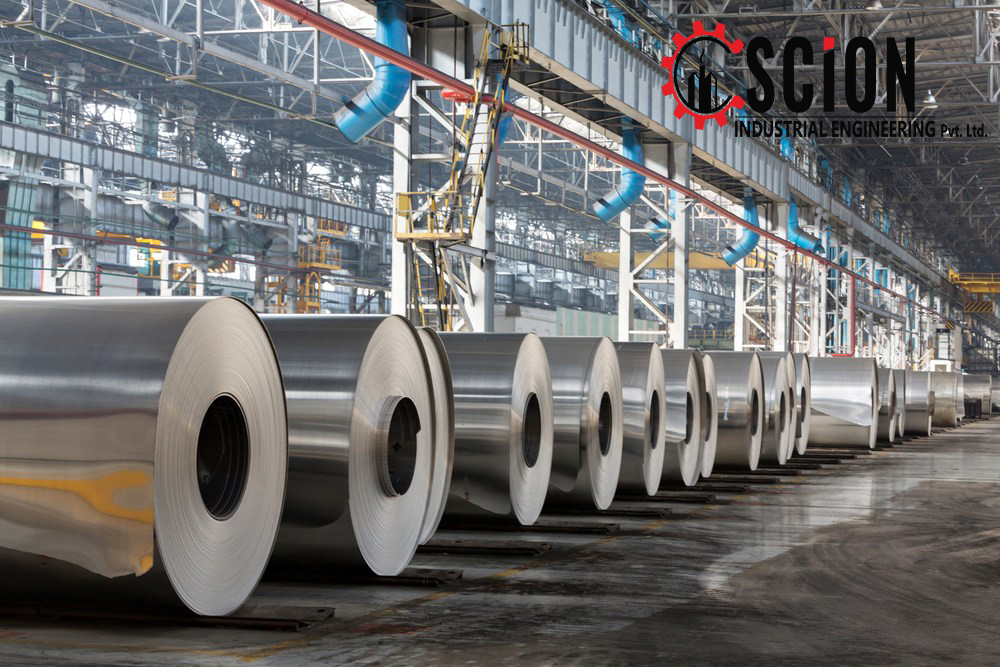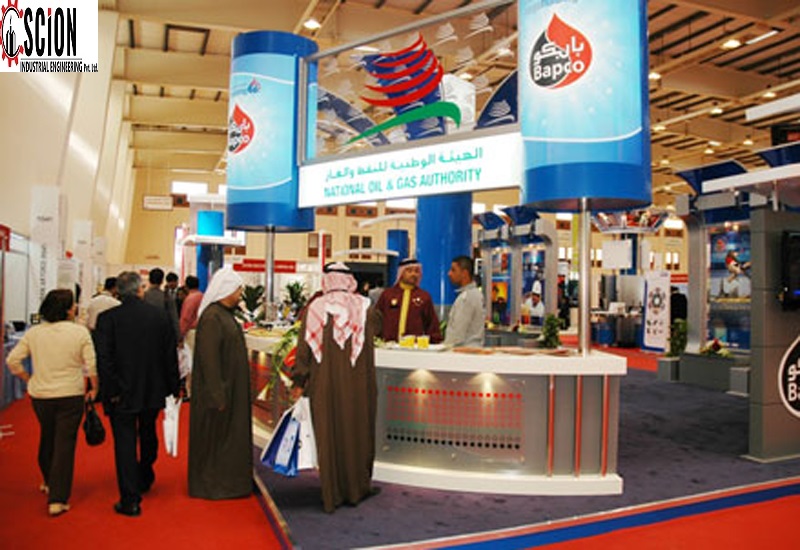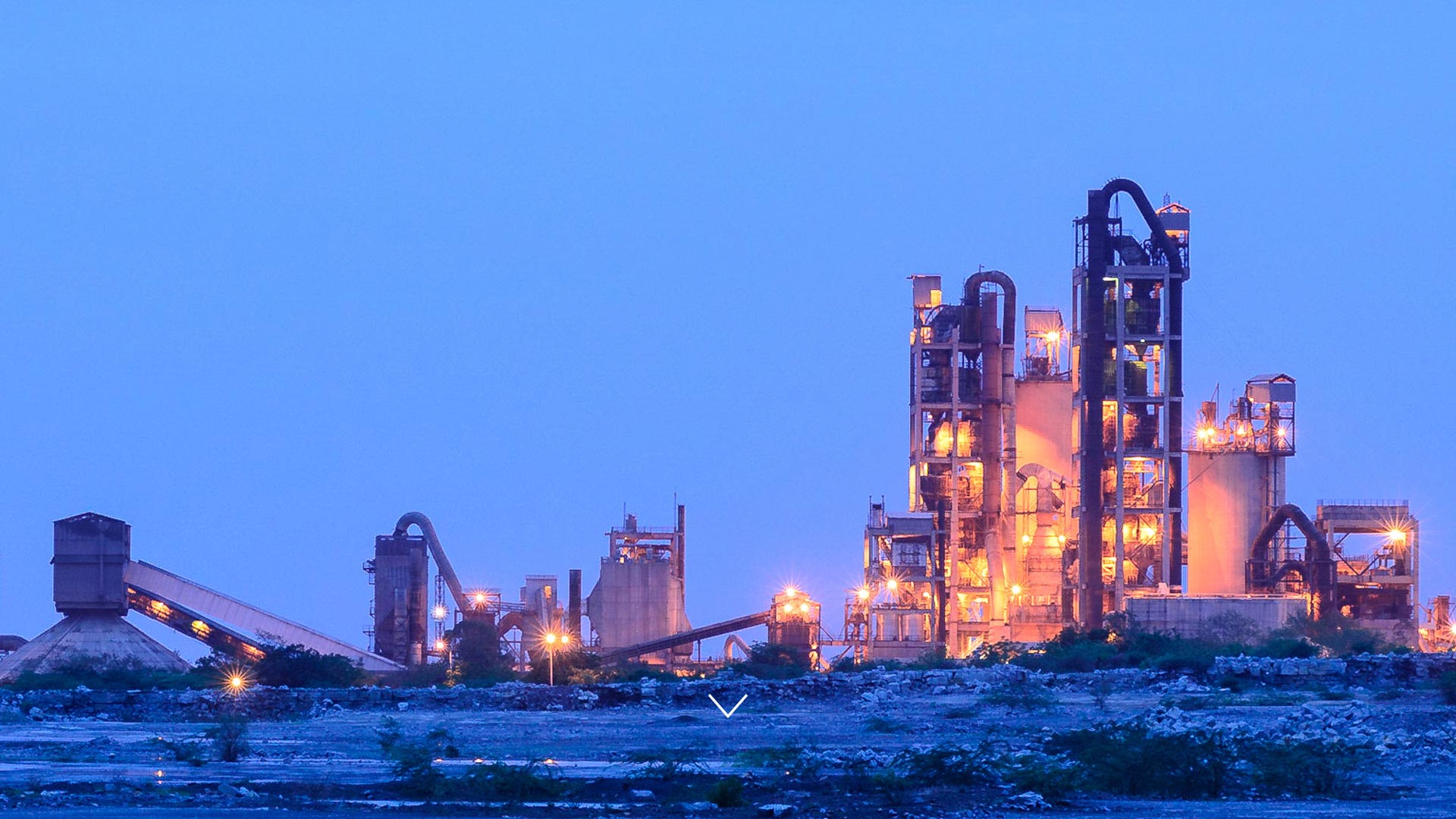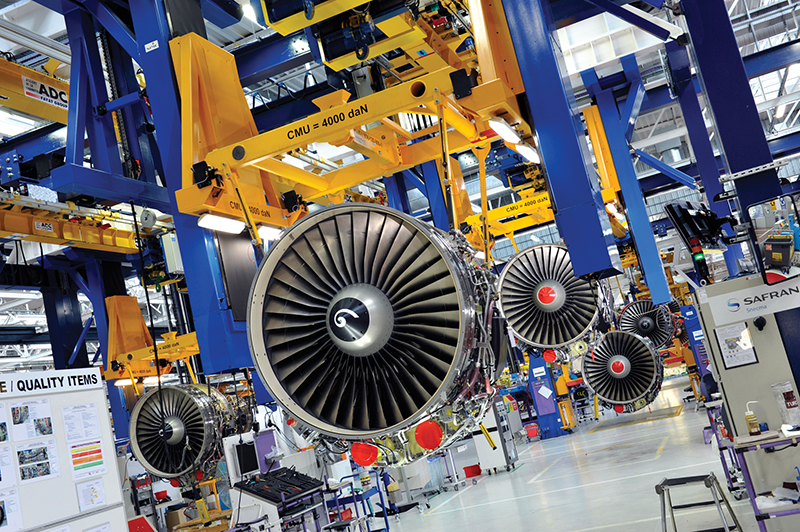It’s been a wild few years for the microchip industry, recovering from a long-term supply squeeze only to be thrust into the centre of a US-China battle to control supply lines of the valuable technology.
But an industry long associated with volatility is quietly getting excited that artificial intelligence (AI) could be the key to some longer-term stability.
US firm Nvidia dominates the market in specialised chips known as GPUs, which happen to be ideal for training AI programmes like the wildly popular chatbot ChatGPT.
“Technology trends are working in Nvidia’s direction,” the firm’s vice president Ronnie Vasishta told AFP this week at the Mobile World Congress (MWC) in Barcelona.
This has helped make Nvidia the biggest company in the sector — and one of the biggest firms of any kind in the United States — with a valuation of $580 billion.
Traditional rivals like Intel and Qualcomm are now on manoeuvres, desperate to make sure they do not miss out.
The tiny components, also known as semiconductors, are essential in everything from smartphones, PCs and electric cars to sophisticated weaponry, robotics and all other high-tech machinery.
AI already features heavily in all of these fields, and the advent of chatbots is only pushing it further into the public imagination.
Even in a sector where low-key engineers do the talking, the enthusiasm is palpable.
– ‘Scratching the surface’ –
“The most exciting thing right now is AI,” Cristiano Amon, boss of rival firm Qualcomm, told a Wall Street Journal event at the MWC.
He wants the world’s phones to be tooled up with chips able to handle even the most tricky AI-related tasks, largely because Qualcomm leads the field in phone chips.
Vasishta is equally enthused.
“Where and how does AI get used? It’s probably going to be easier to answer where is it not getting used,” he said.
Another chip firm, the British-based Arm, is even further back in the production chain than Nvidia — it provides the designs used by chip suppliers.
The firm’s Chris Bergey told AFP there was massive potential with AI.
The kind of chips Nvidia produces are great for training AI models in data centres, he said, but smartphones need chips that can act based on those models.
“It’s a huge opportunity and it’s ubiquitous,” he said.
He compares the AI revolution to the onset of apps, which appeared about 15 years ago and rapidly changed the way we used technology.
“Definitely AI is something that has a lot of interesting applications and we’re still scratching the surface of where we’ll go.”
Yet, with chips, nothing is straightforward.
The supply chain is fiendishly complex — consulting firm Accenture reckons a chip crosses borders 70 times before it ends up in a phone, camera or car.
Countries like China and the United States would prefer to have greater control.
And there is an added problem: the factories that make most of the world’s chips are in Taiwan, a self-ruled island that China claims.
This could bring China and the United States into direct conflict.
Mild-mannered as ever, semiconductor executives will not be drawn into discussions on these issues.
“We don’t have really a position on the geopolitics, we comply with all the US regulations that are required as a US company,” said Vasishta.
Bergey, who has spent 25 years in the industry, said he had seen chips lurch from being “very cool” to “very boring”.
“They’re cool right now, perhaps too cool with too much attention,” he said.
“It’s a dynamic thing the industry is dealing with and we’ll have to see how these things play out.”
Source:https://www.zawya.com/en/world/americas/chips-industry-goes-all-in-on-ai-ydqgiv6s

